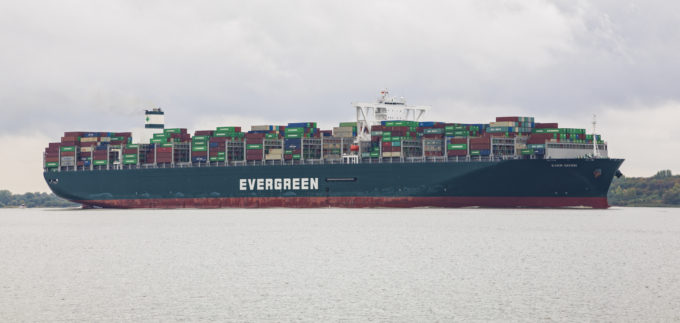Supply chain inflation
As inflation rises in the US, some economists and politicians in there have concerned themselves with what it might mean for medium-term economic prospects. Other economists, however, have been making the point that any observed inflation increase is largely transitory, and the blame lies with supply chains. One element to this reasoning is that the disturbances in global shipping have led to increased container shipping costs, with some estimates pegging the impact at 0.5% of the 5.4% annual US inflation.
Another cornerstone of this argument is the underlying inflation drivers. These included one-time supply issues in items such as used car prices, which have exploded in part because the semiconductor shortage has hampered new car manufacturing supply, and lumber, where demand spiked due to pandemic-fueled improvement projects.
The result is that supply chain capabilities are now, fairly or not, at the heart of critical policy decisions…



